- Please note for all emergencies: CORAC Communications runs a HAM radio net on Sunday evenings at 7:30 PM Eastern time. At 7:30 Eastern, they are up on 14.227 MHz (20 meter band), then, at 8:00 PM Eastern, they switch to 7.284.1 MHz. In an emergency situation, they will broadcast new times and frequencies on those nets.
- If communication goes out for any length of time, meet outside your local Church at 9 a.m. on Saturday mornings if it is safe to do so. Tell friends at Church now in case you can’t then. CORAC teams will be out looking for people to gather in and work with.,
- First, in all crises, stay in prayer
- Focus on what you can do and can control, rather than what you can’t
- Quickly and safely assess the scope of the outage
- If your neighbors still have electricity, then the problem is likely inside your home
- Start by checking the main fuses or circuit breakers to see if they have blown.
- If the outage appears widespread, Signal/text/message your CORAC Regional Coordinator to alert them of the situation
- Quickly and safely identify the location of family members and those you have direct responsibility for
- Keep refrigerator and freezer doors closed as much as possible to keep food cold
- Place heavy blankets over chest freezers to help keep them cold
- If it’s cold enough outside, fill clean plastic milk jugs with water and put them outside to freeze solid. Put these jugs into coolers, which can serve as temporary refrigerators for food supplies.
- Move food from freezer to coolers and place them outside to stay frozen
- Fill up your bathtub with water (for washing and flushing)
- Note: If you expect temperatures to drop below freezing inside your house, avoid filling up the tub, as you could end up with a frozen (and cracked) bathtub.
- If your water pipes are in danger of freezing, open faucets to a slow drip to give the expanding water somewhere to go
- If you use candles, do so with EXTREME caution, as they present a fire risk
- Turn off and unplug all unnecessary electrical equipment
- Dim the brightness of your cell phone and turn off Wi-Fi to save battery life
- Switch your cell phone battery to low power mode under settings.
- Eliminate unnecessary travel (traffic lights will be out, roads may be congested)
- If you’re using a generator:
- KNOW how to operate your particular generator safely!
- Don’t run a gas-powered generator inside your home (operate it outside and run the power line in)
- Run it as little as possible, and be aware that running lights at night may make you a target (window coverings are advised)
- During the crisis, fuel safety is critical
- Transport all fuel upright
- Regularly check for fuel leaks throughout any system using fuel (including fuel lines, etc) – DON’T check for leaks with an open flame
- Dispose of spilled fuel CAREFULLY and IMMEDIATELY (never with human/animal waste, never into the garbage, never near heat sources)
- If it’s winter and you’re unable to adequately heat with wood, heaters, etc:
- Pitch a tent inside the house and have everyone stay in it (keeps body heat in a very small space; may help prevent freezing to death)
- Zip two sleeping bags together into one huge sleeping bag, and have 2-3 people sleep together
- If it’s winter and you need water, and there’s snow outside or a frozen body of water:
- Know how to safely cut ice from the lake/pond/river, and have the tools to do it
- Have ways to melt the snow or ice in the house
- If melting snow/ice without a heat source, keep the container away from the space that you’re trying to keep warm (melting snow/ice will chill your living space)
- From the beginning, deal with human waste properly (see prep notes above)
- Using #10 cans or other sealable containers:
- Keep one with a lid for storing supplies: TP and resealable wipes
- Have either dirt or cat litter in a mound with a shovel nearby to cover waste between uses. Tends to be more sanitary due to no handling of the waste.
- Throw away any food that has been exposed to temperatures 40°F(4°C) for 2 hours or more or that has an unusual odor, color, or texture. When in doubt, throw it out!
- It is best to shelter in place when you can, but IF YOU MUST EVACUATE quickly:
- Account for family members and grab your go-bags
- If you can, turn off the main breaker or switch of the circuit-breaker panel or power-supply box of your house.
- If you can, turn off the water main where it enters the house
- Do not drive over downed power lines
- Try to keep in touch with your CORAC Regional Coordinator/deputy to identify a safe shelter if possible
- Using #10 cans or other sealable containers:























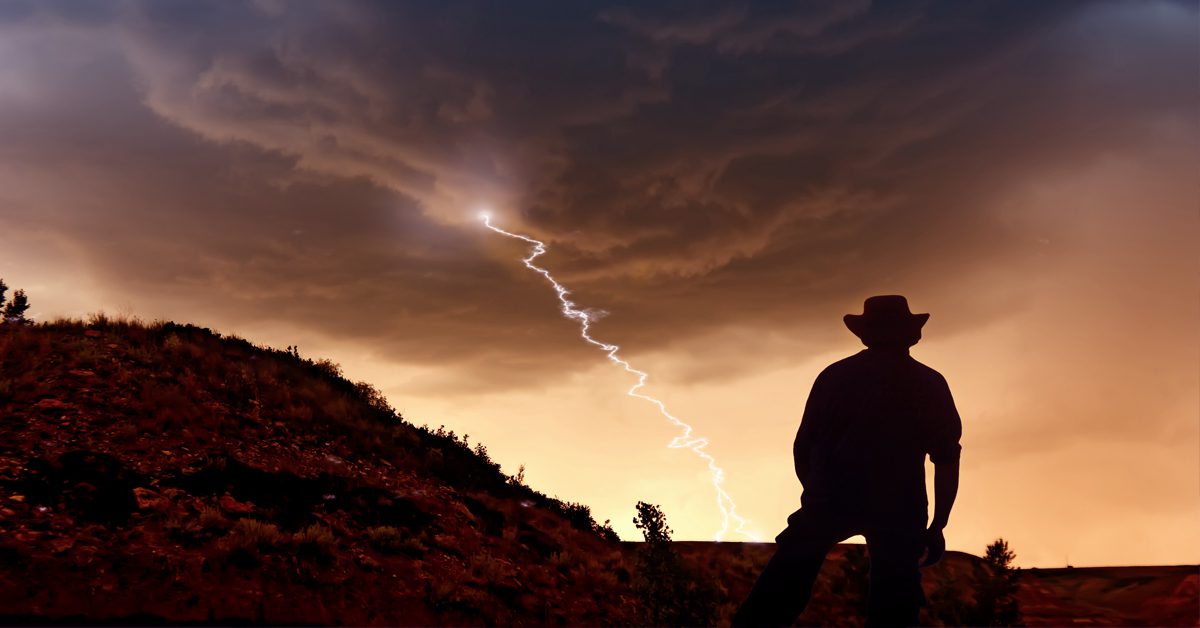
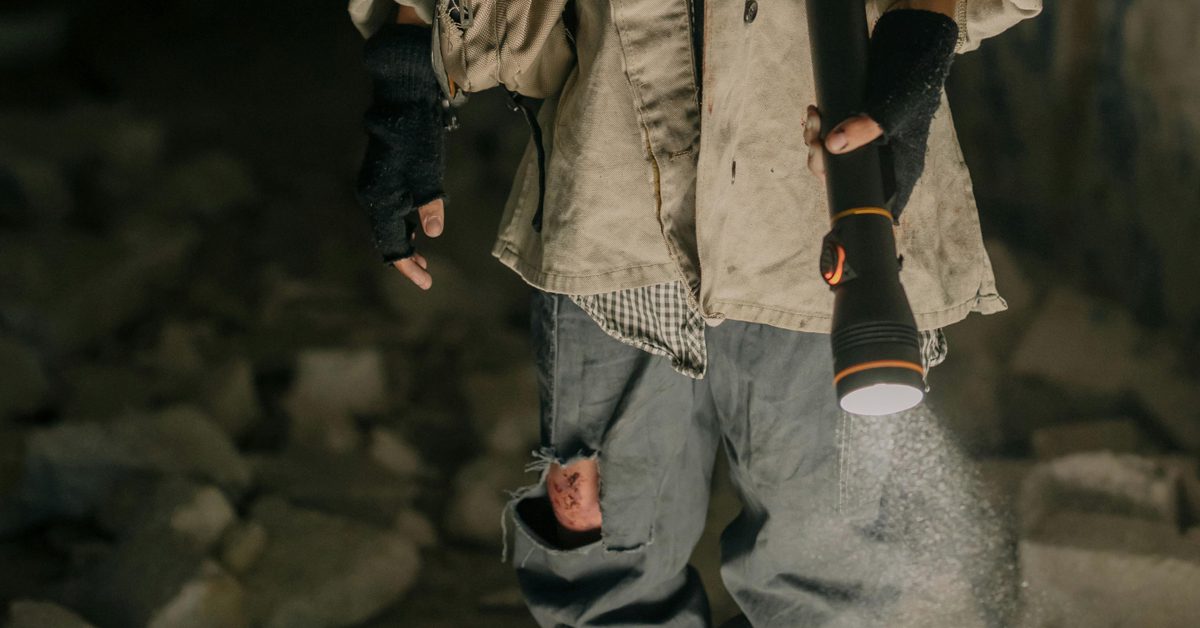
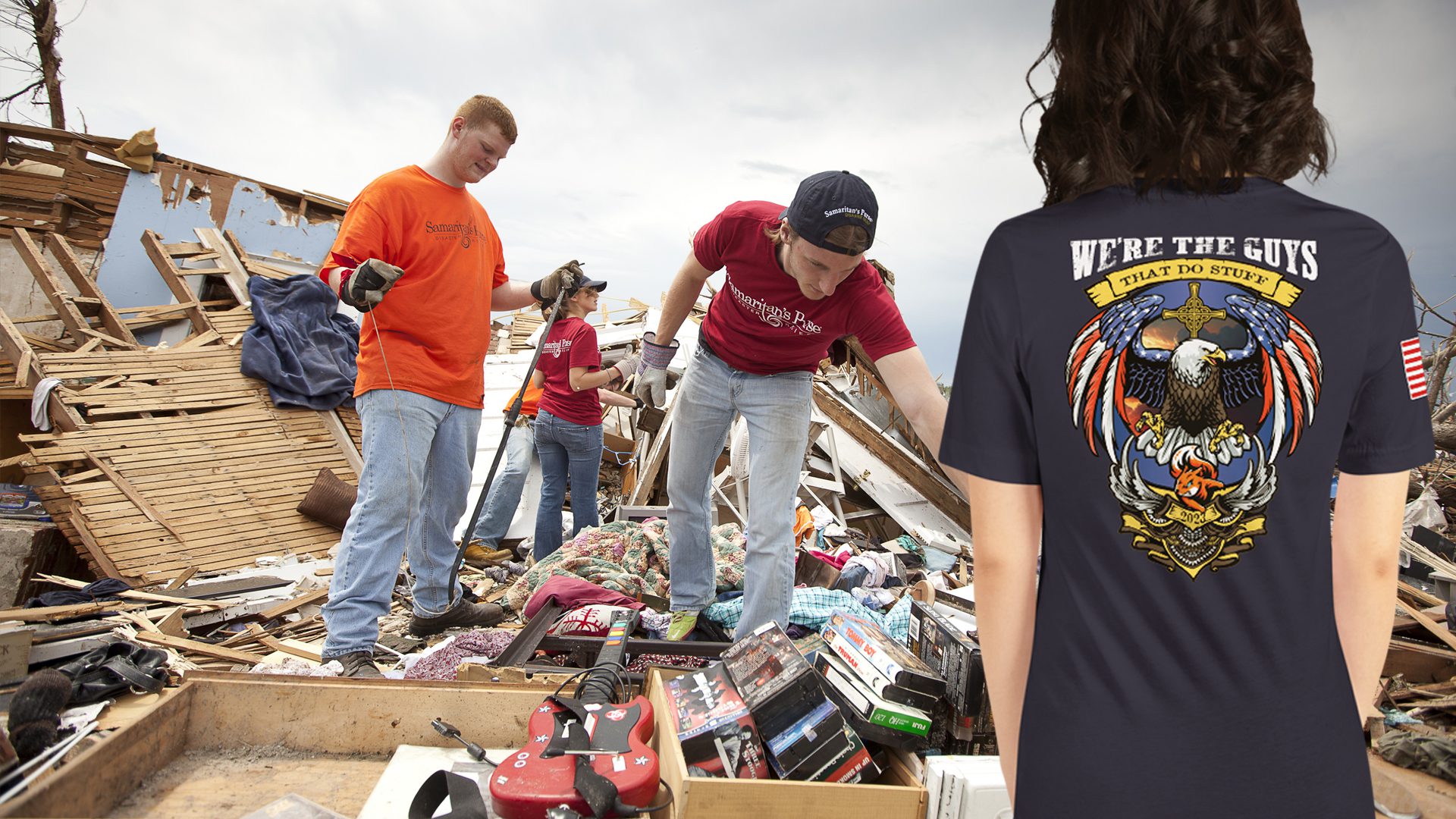
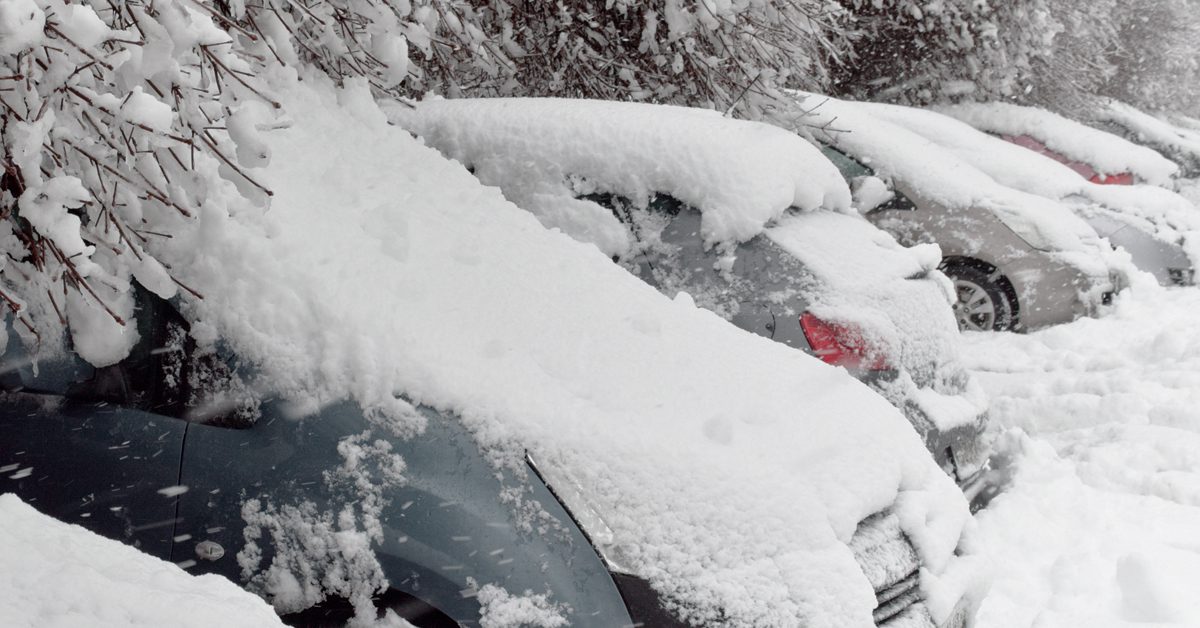


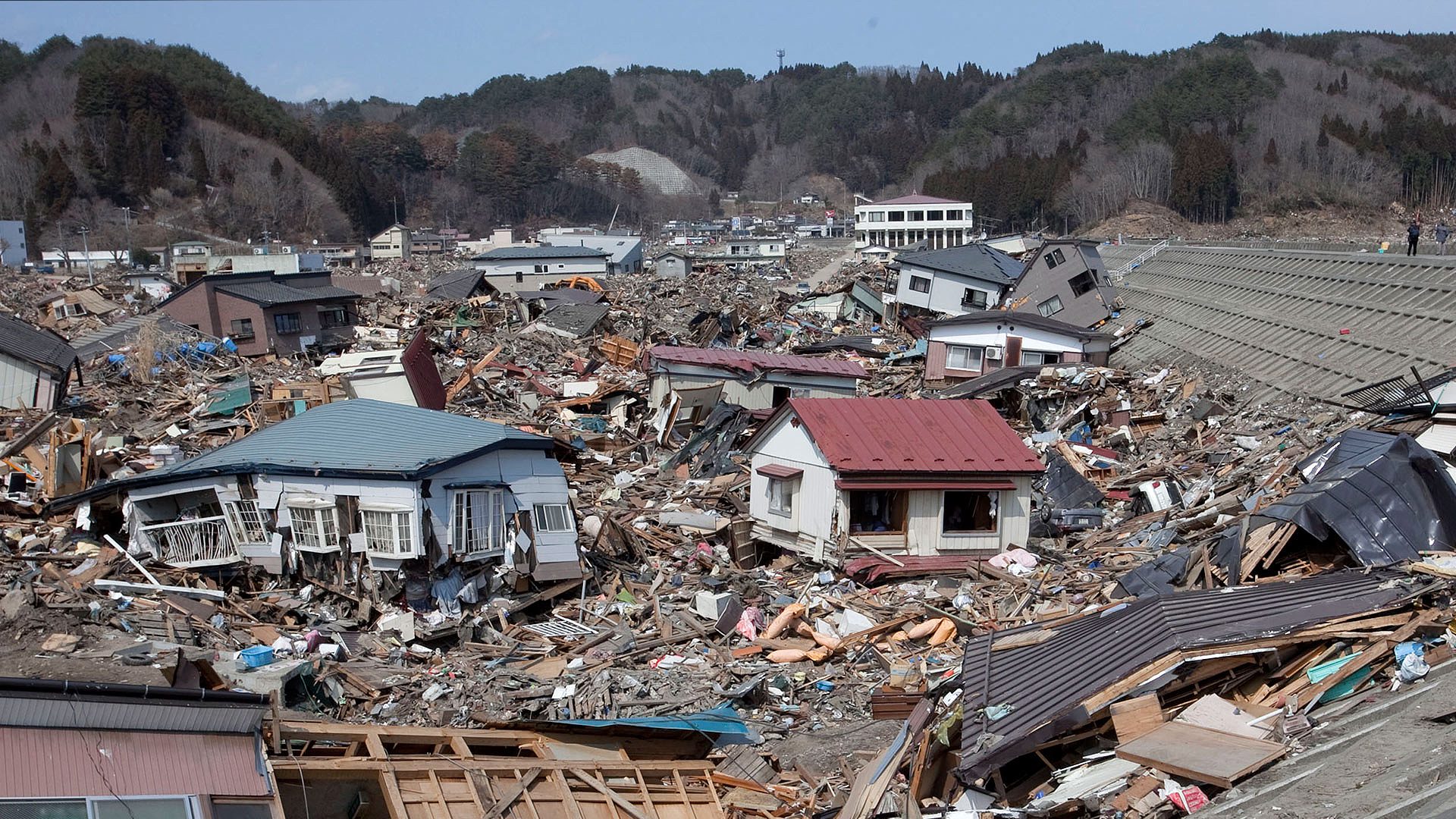
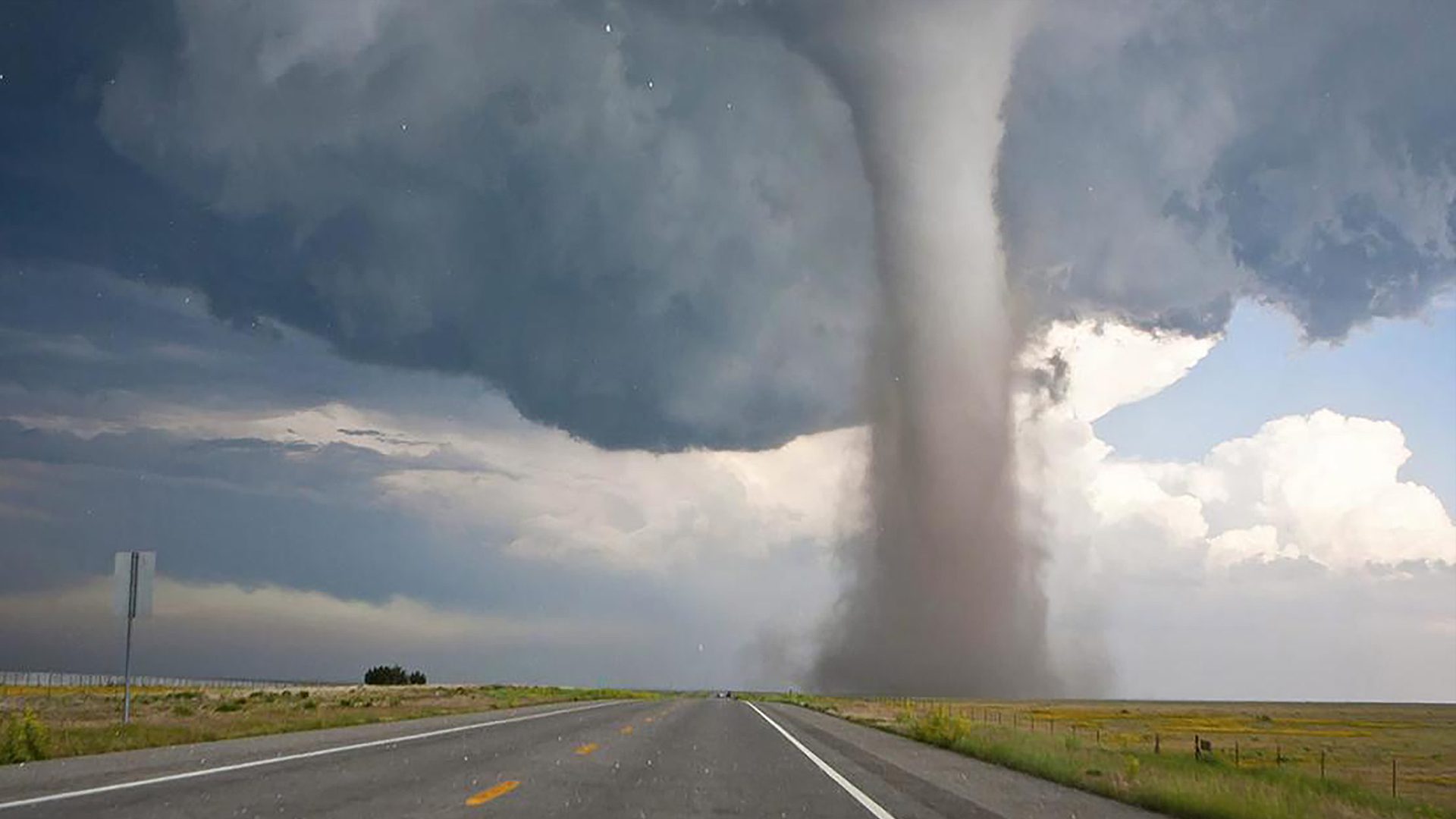


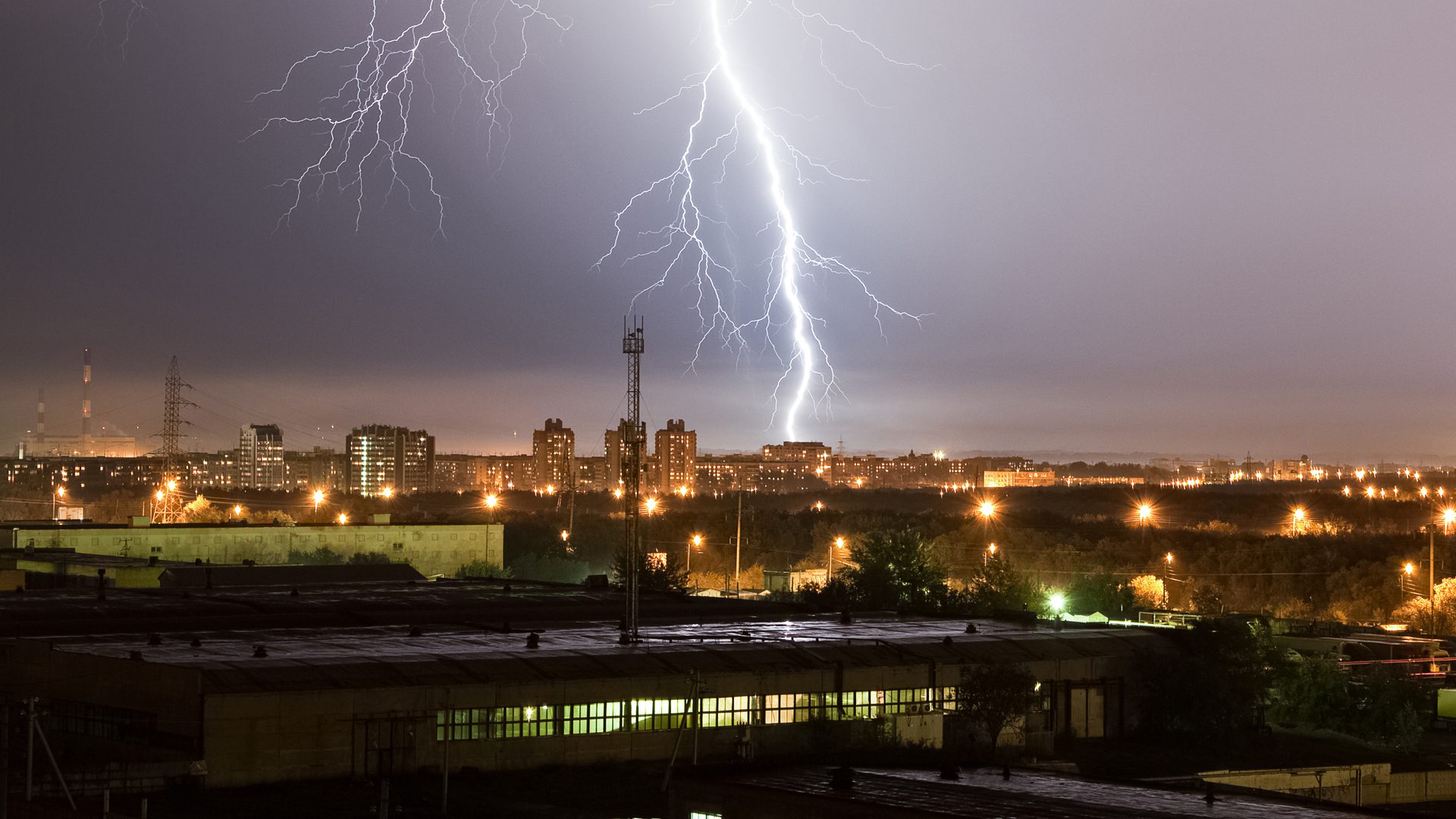
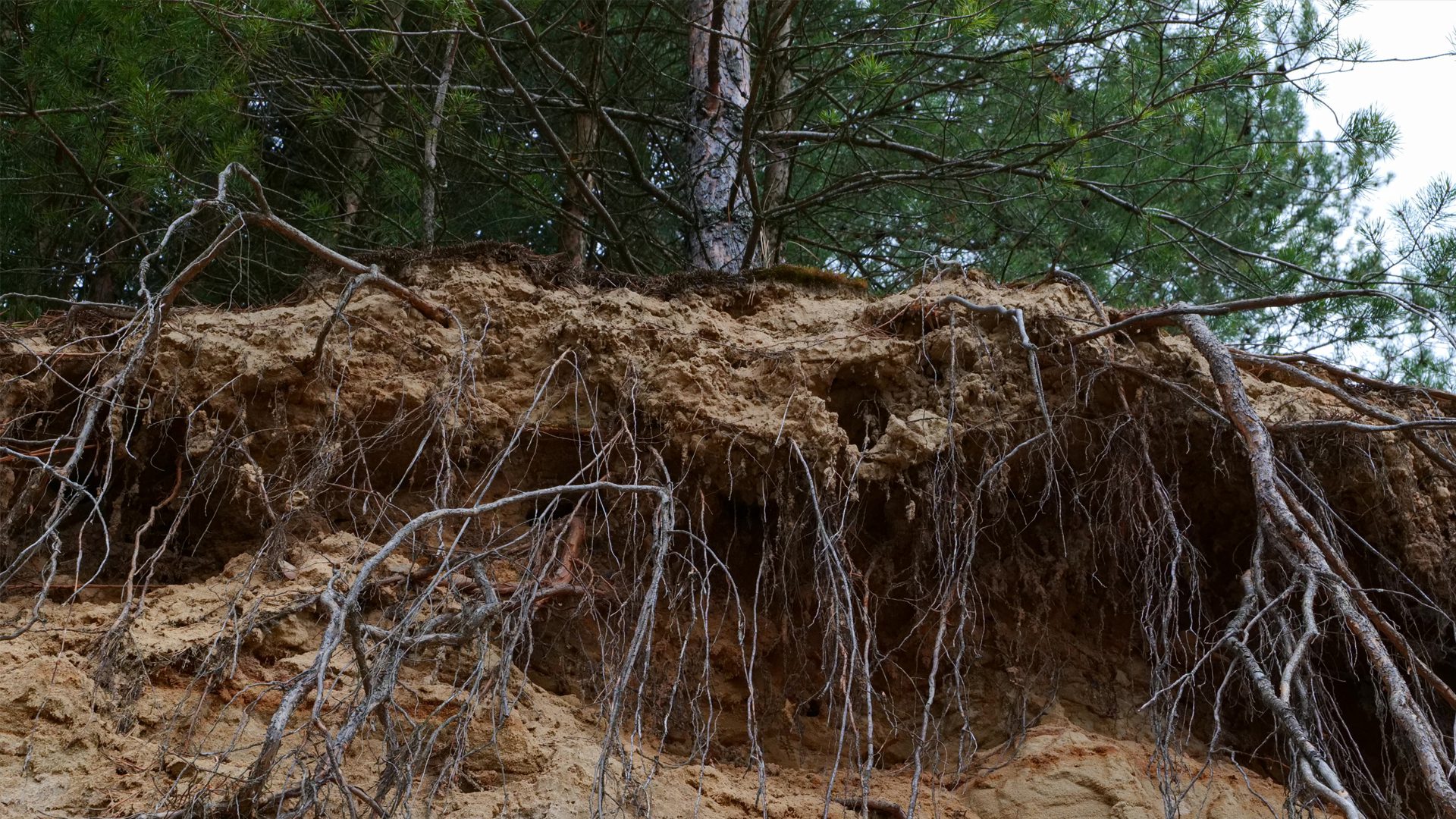
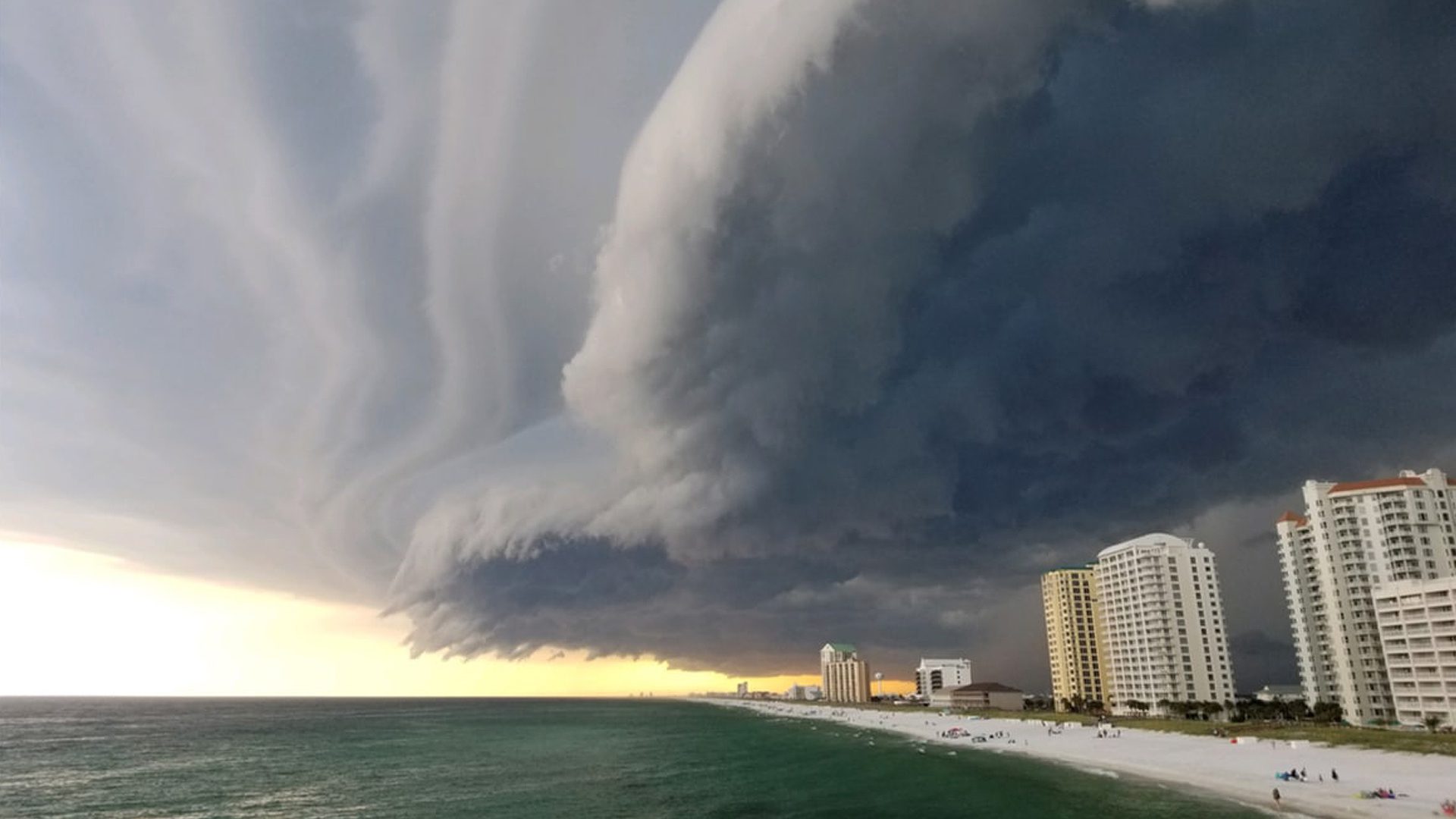
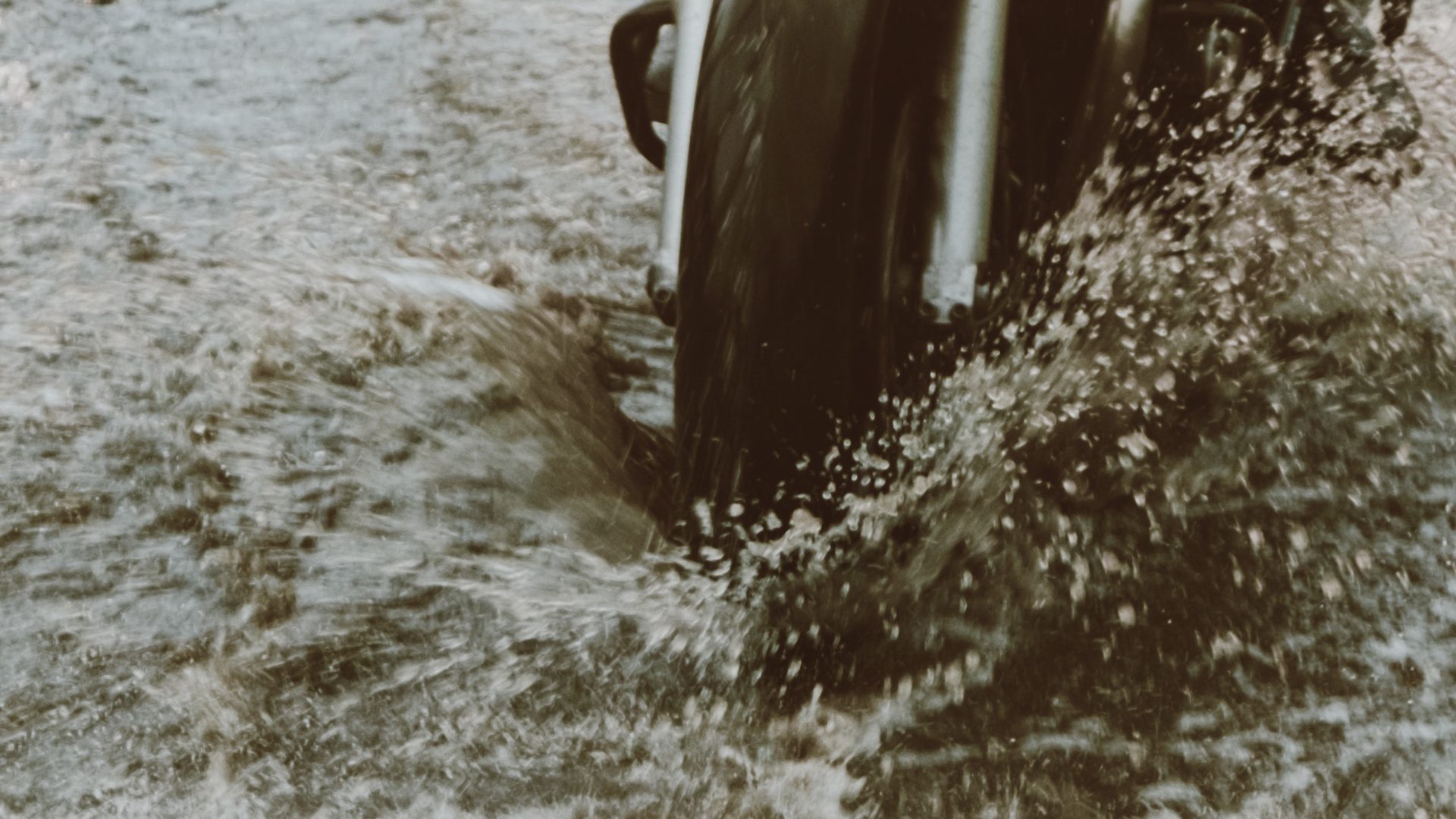
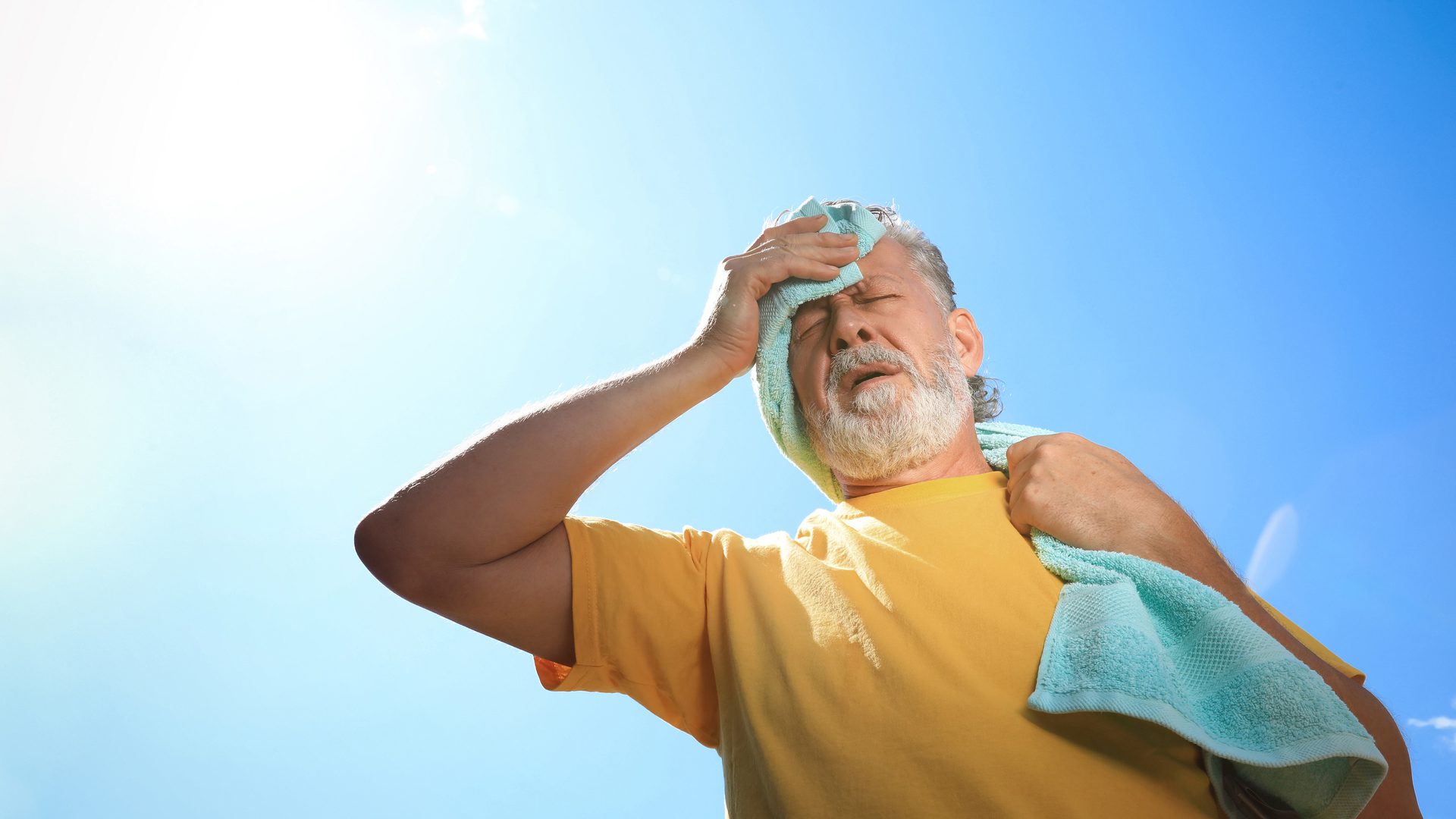
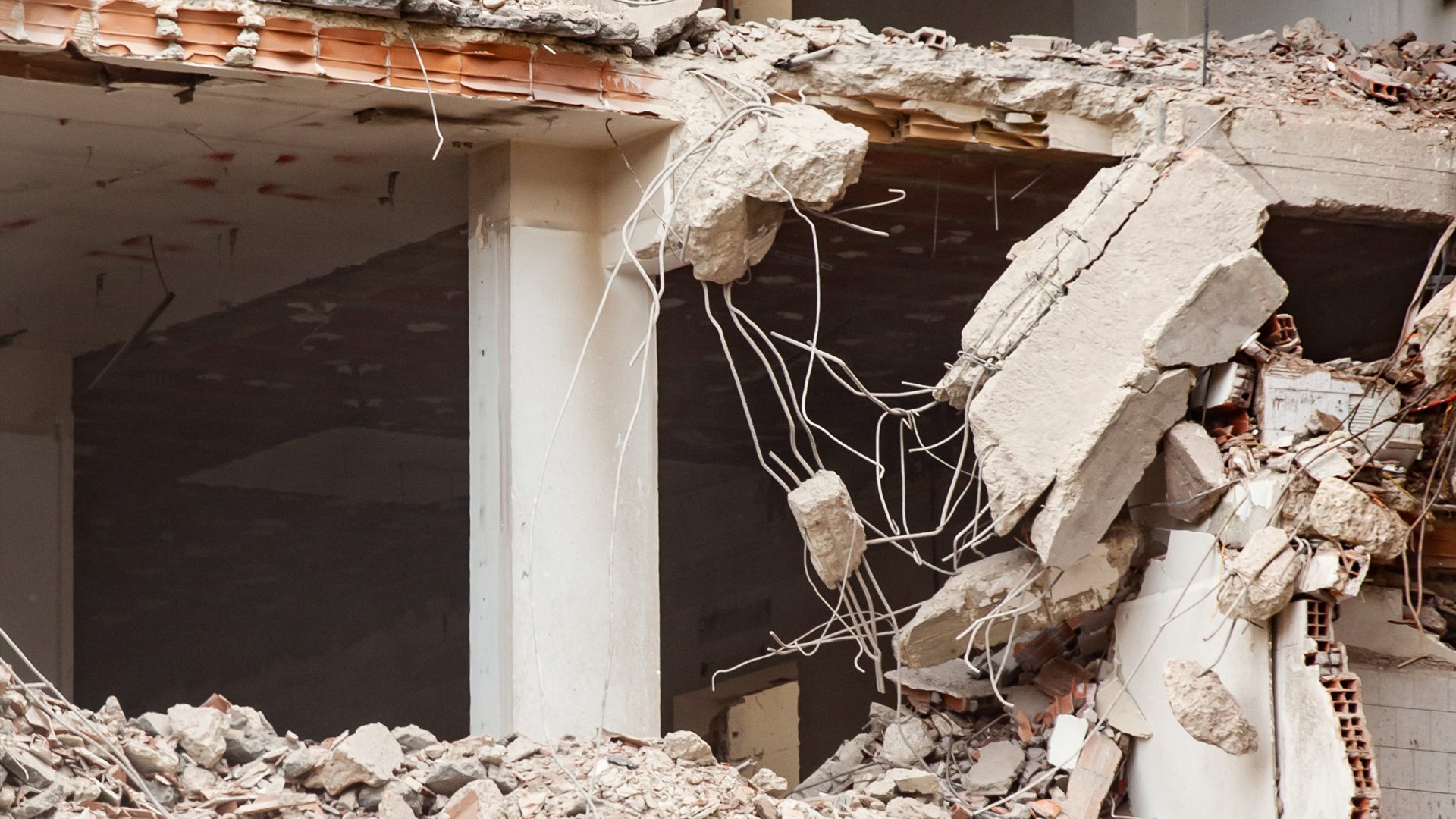

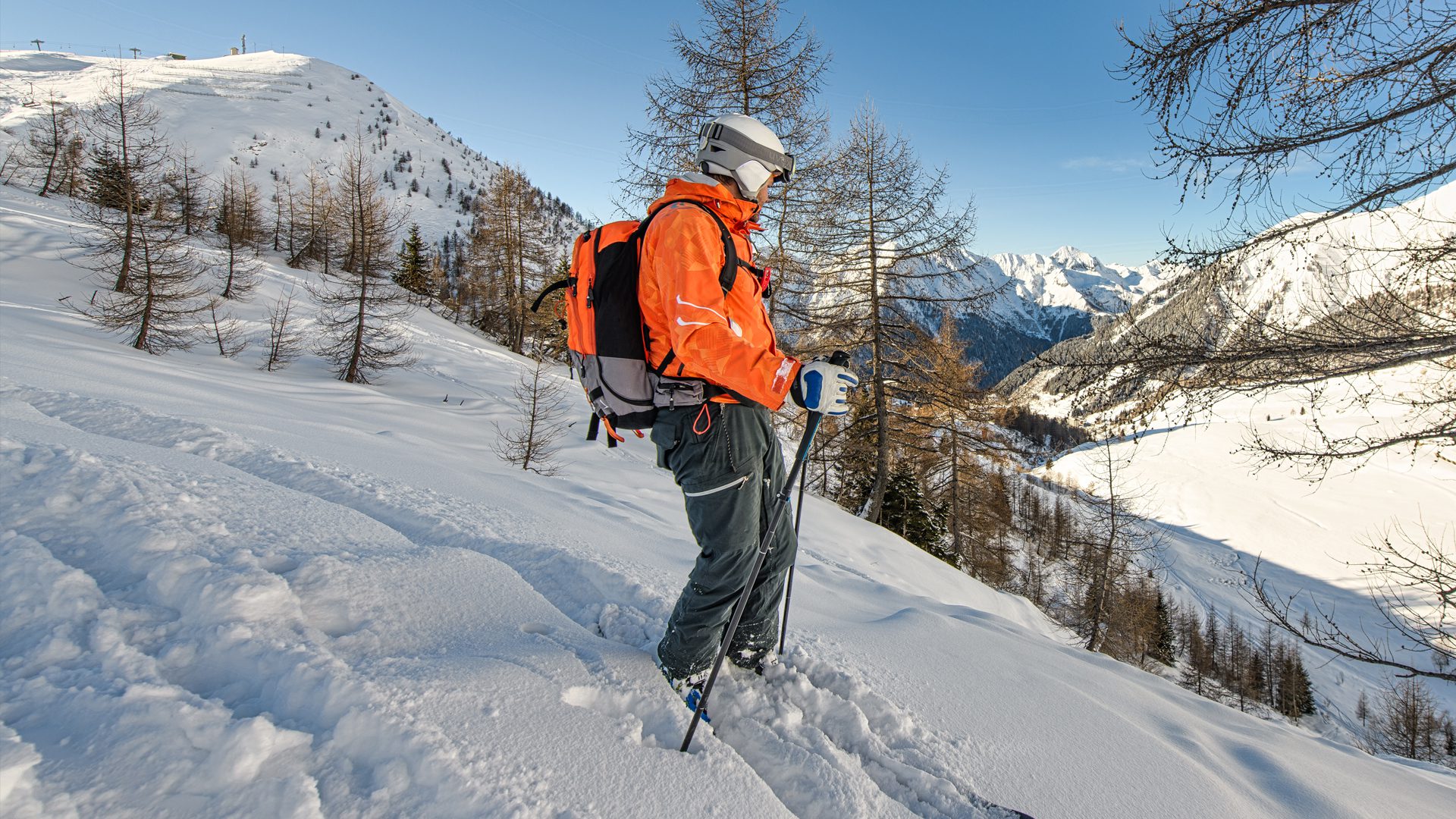


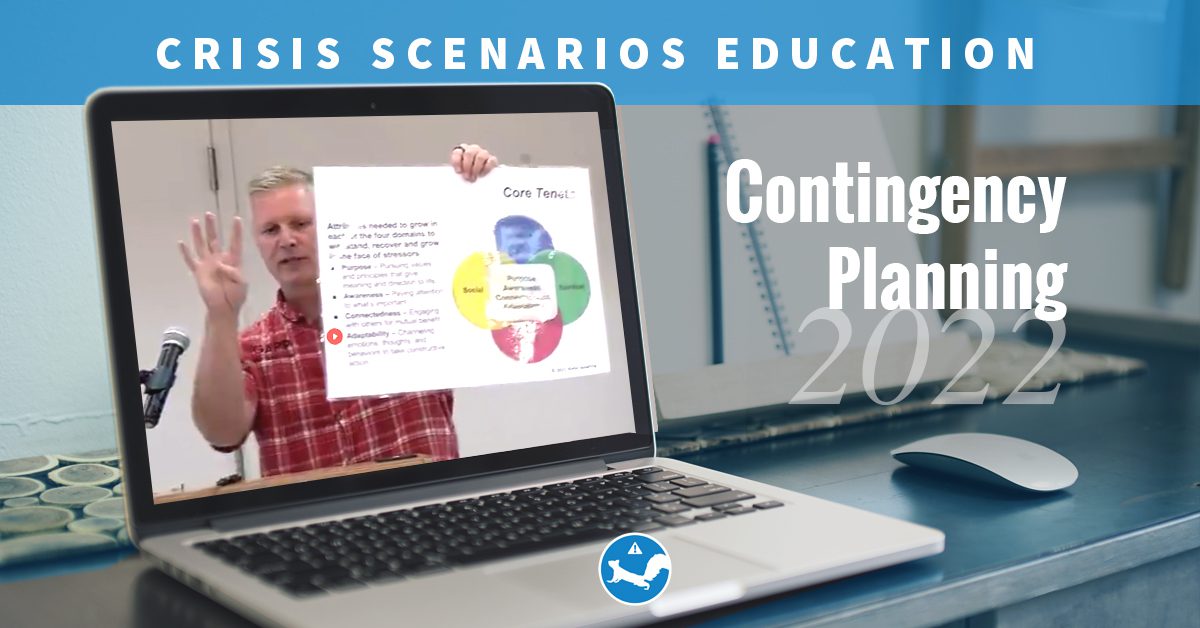
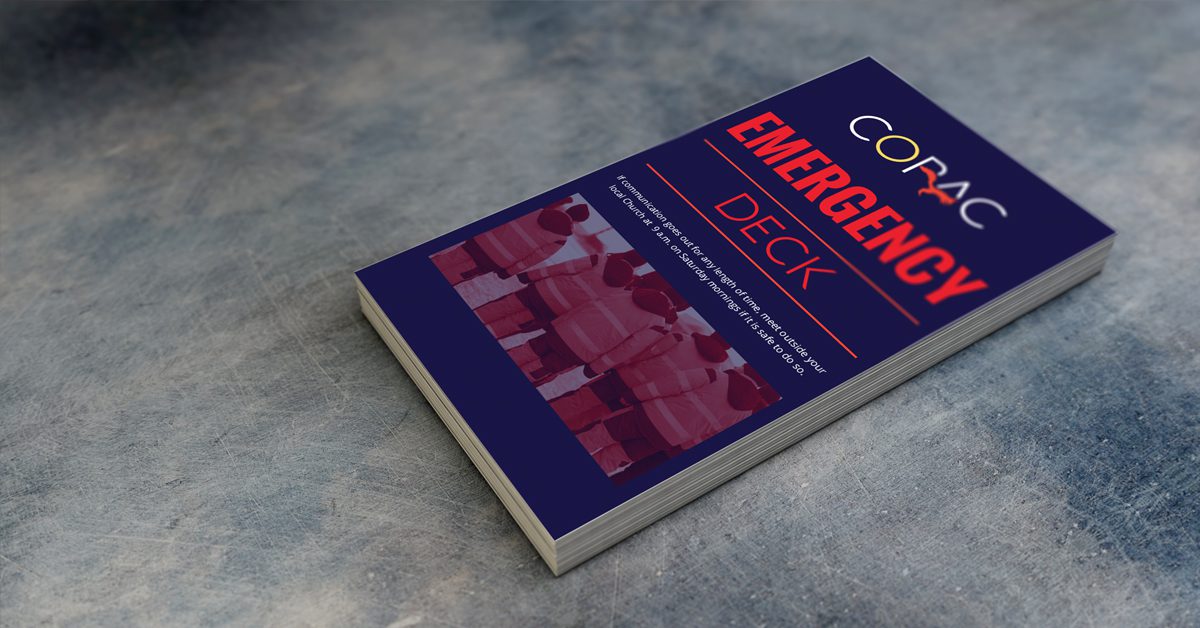



0 Comments